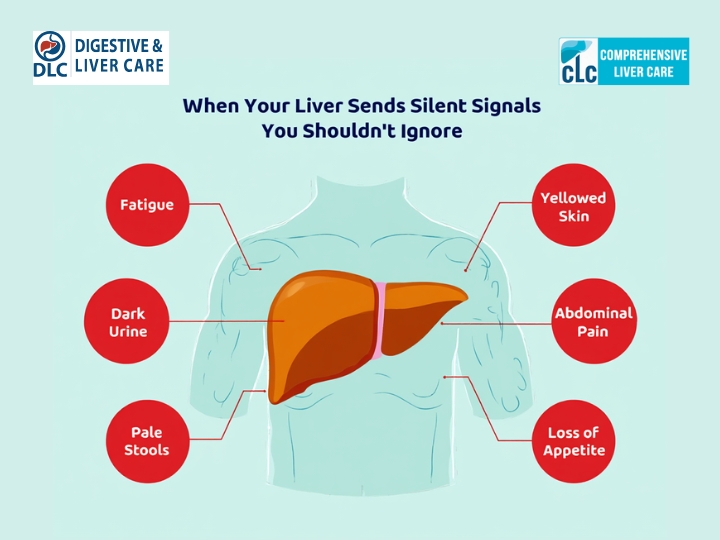How Diet and Nutrition Play a Key Role in Liver Recovery

The liver is the body’s natural detox engine, responsible for filtering toxins, processing nutrients, and supporting healthy metabolism. When it becomes inflamed or damaged due to conditions like fatty liver disease, hepatitis, alcohol-related injury, or long-term lifestyle habits, recovery depends not only on medical treatment but also on what you eat every day. Diet and nutrition can either support liver healing or silently worsen inflammation. A liver specialist doctor can guide patients on the right dietary and lifestyle changes needed for safe recovery. Understanding the connection between food and liver recovery empowers patients to make choices that actively restore liver strength, reduce disease progression, and improve overall well-being. Why Nutritional Choices Matter in Liver Healing The liver processes every nutrient that enters the body. When it is injured, its ability to convert food into energy, break down fats, and eliminate toxins becomes compromised. Poor eating ha...








